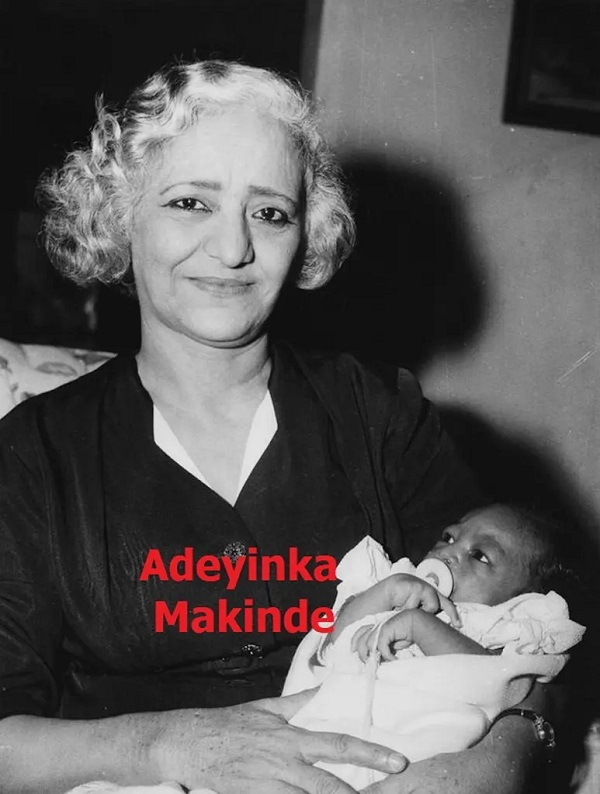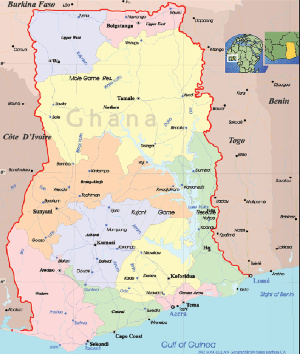Why Kwame Nkrumah’s mother-in-law refused to bless her daughter’s marriage

But you may not know the sad yet enduring story of loss, determination, and resistance that led to their marriage.
Kwame Nkrumah “met” Fathia Halim Rizk through a carefully arranged match, orchestrated as part of his vision for Pan-African unity.
According to answersafrica.com, Nkrumah sent his friend, Alhaji Saleh Said Sinare, who had studied in Egypt, to find a suitable Egyptian Christian bride.
Fathia was selected from a shortlist of women, and it was during this process that Nkrumah chose her, even though they had never met in person.
However, there was resistance. Fathia’s mother, Mrs. Rizk, an Egyptian Coptic Christian, refused to bless the union between her daughter and Nkrumah.
According to her grandson Gamal, Fathia’s brother had already married an English woman and moved abroad.
Already mourning one child’s departure, Mrs. Rizk was reluctant to lose another to marriage in a distant country.
“My grandmother’s firstborn had left Egypt with his English bride, and when my father proposed, she was reluctant to see another of her children marry a foreigner and leave the country,” Gamal was quoted as saying by Nigerian historian Adeyinka Makinde.
Despite Fathia’s explanation that Nkrumah was an anti-colonial hero akin to Egypt’s Nasser, her mother remained unmoved.
“Still, my grandmother did not relent; she refused to speak to my mother or bless the marriage,” he added.
Undeterred, Fathia left Egypt with her uncle, journeying through Khartoum, Kano, and Lagos, eventually arriving in Ghana, fully determined to marry Nkrumah despite her mother’s silence.
Fathia arrived in Accra on New Year’s Eve, December 31, 1957, and Nkrumah married her that very evening.
Despite the initial family rift, Fathia embraced her new country, quickly mastering English and stepping confidently into her role as First Lady.
She eventually earned the admiration of many Ghanaian women, especially the influential market women, who even named a kente design after her: Fathia fata Nkrumah, meaning “Fathia deserves Nkrumah.”
Though their marriage was born out of political symbolism, Fathia and Nkrumah built a life together, had several children, endured exile after Nkrumah’s 1966 overthrow, and maintained a strong bond until his death in 1972.
Fathia Nkrumah later passed away on May 31, 2007.

The mother of Fathia Nkrumah holding one of her grandchildren. Image credit: [Adeyinka Makinde]
Source: www.ghanaweb.com





